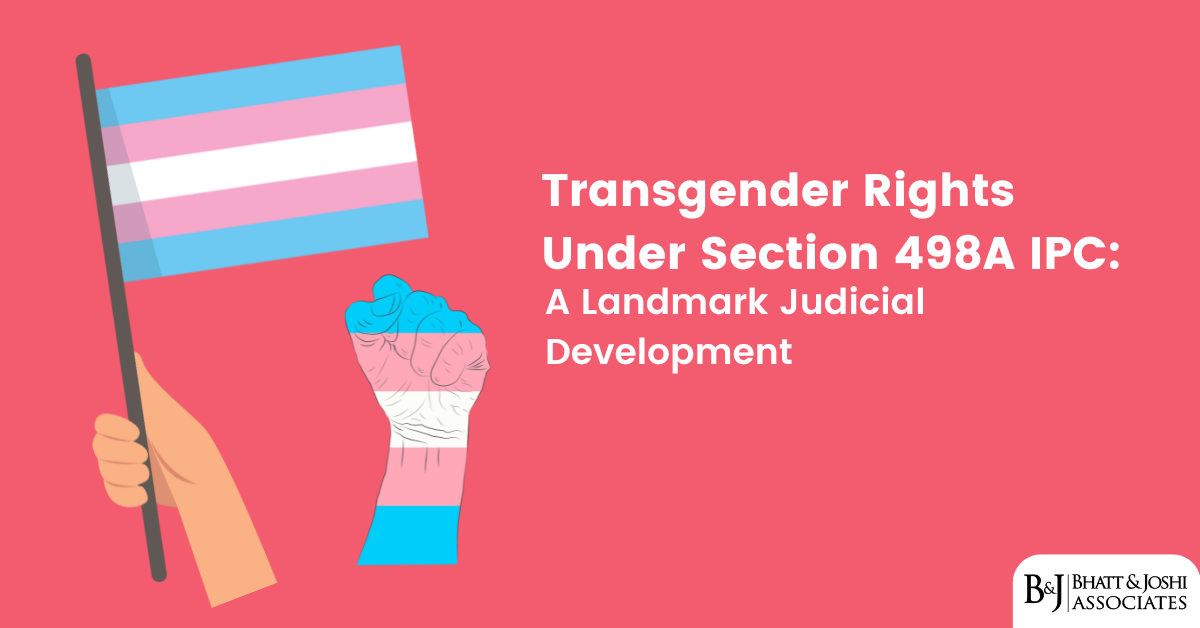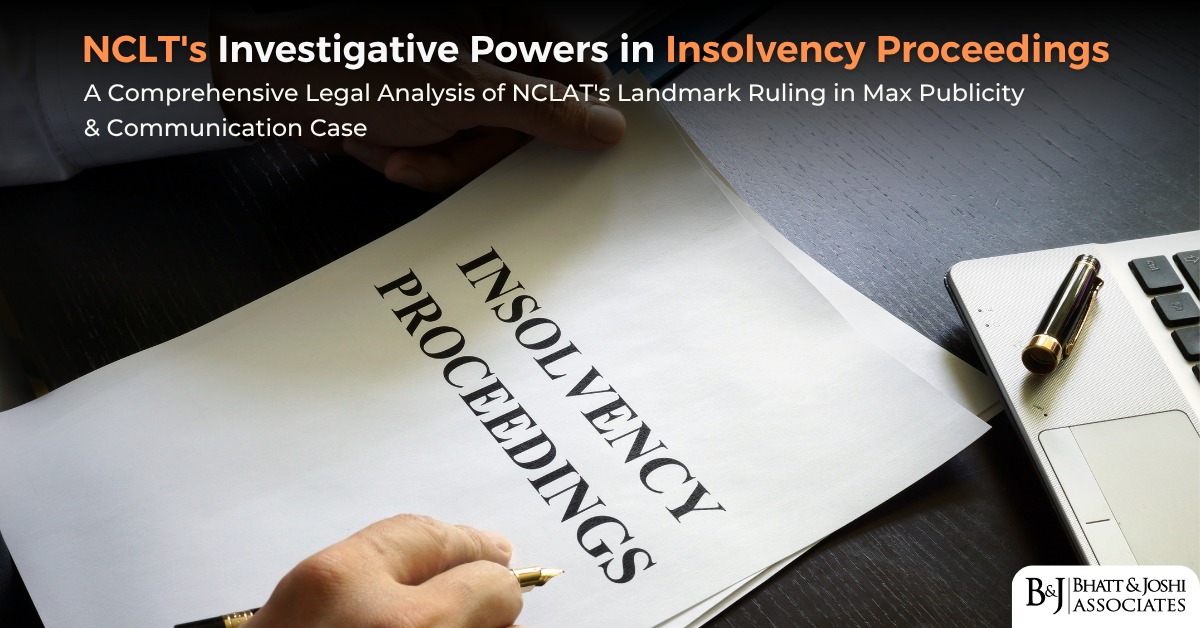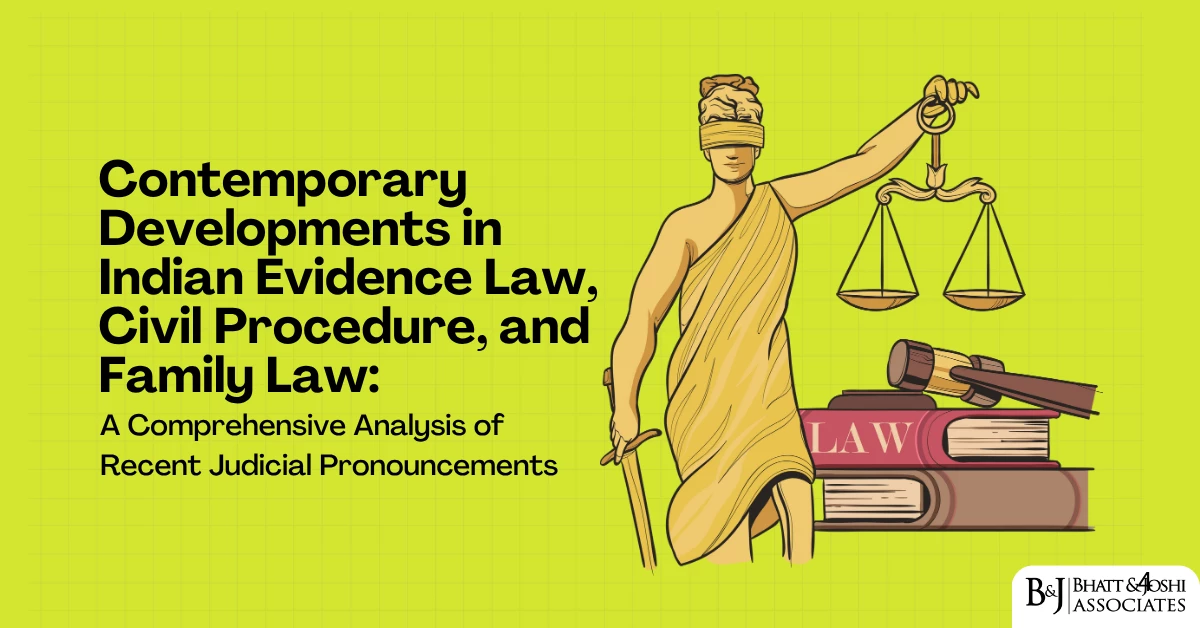Executive Summary
The dissolution of marriage inevitably brings forth complex legal questions regarding child custody and visitation arrangements. In the Indian legal framework, visitation rights of divorced parents in India represent a fundamental aspect of post-divorce parental relationships, governed by both secular and personal laws. This comprehensive analysis examines the legal principles, statutory provisions, judicial precedents, and practical considerations that shape visitation rights in India, with particular emphasis on the paramount principle of child welfare that guides all such determinations.

A court may give a visitation order in the rage of the noncustodial parent, selecting the visiting place and time
Introduction
The termination of marital relationships through judicial separation or divorce fundamentally alters the dynamics of parental responsibilities and rights. While the emotional toll on all parties involved cannot be understated, the legal system must navigate the delicate balance between protecting parental rights and ensuring the welfare of children. Visitation rights emerge as a crucial mechanism through which this balance is achieved, allowing non-custodial parents to maintain meaningful relationships with their children while ensuring the child’s best interests remain paramount.
The concept of visitation rights in Indian jurisprudence has evolved significantly over the decades, reflecting changing social attitudes towards parenting, child welfare, and gender equality. The courts have consistently emphasised that children are not mere chattels to be distributed between warring parents, but individuals with their own rights and interests that must be protected and nurtured.
Legal Framework Governing Visitation Rights
The Guardians and Wards Act, 1890
The primary secular legislation governing child custody and visitation rights in India is the Guardians and Wards Act, 1890. This comprehensive statute provides the foundational framework for determining guardianship and custody matters across religious communities. Section 17 of the Act establishes the fundamental principle that guides all custody determinations, stating that the welfare of the minor shall be the paramount consideration in any decision regarding guardianship.
Section 17 of the Guardians and Wards Act, 1890 provides:
“In appointing or declaring the guardian of a minor, the Court shall, subject to the provisions of this Act, be guided by what, consistently with the law to which the minor is subject, appears in the circumstances of each particular case to be for the welfare of the minor.”
This provision has been interpreted by courts to mean that technical legal rights must yield to the overriding consideration of child welfare. The Act empowers courts to make interim arrangements for custody and visitation while proceedings are pending, ensuring that the child’s immediate welfare is protected throughout the legal process.
Section 25 of the Act specifically addresses situations where a ward leaves or is removed from the custody of a guardian, providing mechanisms for the return of the child while emphasising the court’s discretion to act in the child’s best interests. The courts have interpreted this provision to include situations involving visitation disputes and custodial interference.
Personal Laws and Religious Provisions
Hindu Personal Law
Under the Hindu Minority and Guardianship Act, 1956, the father is typically recognised as the natural guardian of a Hindu minor, with the mother becoming the natural guardian only in the father’s absence or upon his death. However, Section 6(a) of the Act provides a significant exception for children under five years of age, stating that custody of such children ordinarily vests with the mother.
Section 13 of the Hindu Minority and Guardianship Act, 1956 explicitly states:
“In appointing or declaring the guardian of a Hindu minor, the court shall be guided by the welfare of the minor as the paramount consideration; and no person shall be entitled to the guardianship by virtue of the provisions of this Act or of any law relating to guardianship in marriage among Hindus, if the court is of opinion that his or her guardianship will not be for the welfare of the minor.”
This provision reinforces the primacy of child welfare over technical legal rights under personal laws.
Muslim Personal Law
Islamic law recognises the concept of ‘Hizanat’ (custody) and provides that mothers generally have custody rights over minor children until specific ages – typically seven years for boys and puberty for girls. However, the father retains guardianship rights concerning education and financial maintenance. The courts have held that Muslim mothers can invoke Section 25 of the Guardians and Wards Act, 1890 for custody matters, demonstrating the interplay between personal laws and secular legislation.
Judicial Precedents and Leading Cases
Paul Mohinder Gahun v. Mrs. Selina Gahun (2006)
The case of Paul Mohinder Gahun v. Mrs. Selina Gahun, decided by the Delhi High Court in 2006 (130 DLT 524), presents a compelling illustration of the complexities surrounding international custody disputes and visitation rights. In this matter, Canadian citizens who had resided in Canada for twelve years faced custody issues when the wife brought their daughter to India. The case involved jurisdictional questions between courts in different countries and highlighted the delicate balance required when dealing with cross-border custody matters.
The facts reveal that the parties were married in 1991 and lived in Canada where both were gainfully employed. Their daughter Anika was born in Canada in 1998. The respondent wife came to India in December 2003 for what was planned as a temporary visit but subsequently refused to return to Canada with the child. This case underscores the importance of carefully structured visitation arrangements and the potential for abuse of such rights when parents relocate across international boundaries.
The judgment emphasised the need for courts to exercise caution in granting visitation rights, particularly in cases involving potential flight risks or international relocation, while ensuring that children are not deprived of relationships with both parents.
Anjali Kapoor v. Rajiv Baijal (2009) 7 SCC 322
This landmark Supreme Court decision profoundly shaped the understanding of child welfare principles in custody determinations. The case involved a tragedy where the mother died during childbirth, leaving behind an infant daughter who was cared for by her maternal grandmother. When the father remarried and sought custody of the child, the Supreme Court was called upon to determine the best interests of the minor.
Justice H.L. Dattu, writing for the Supreme Court, observed:
“The principle on which the Court should decide the fitness of the guardian mainly depends on two factors: (i) the father’s fitness or otherwise to be the guardian, and (ii) the interests of the minors. The children are not mere chattels nor are they mere playthings for their parents. Absolute right of parents over the destinies and the lives of their children have, in the modern changed social conditions, yielded to the considerations of their welfare as human beings so that they may grow up in a normal balanced manner to be useful members of the society.”
The Court awarded custody to the maternal grandmother, considering factors such as the emotional bond developed over years, the child’s established environment, and the potential impact of relocating the child to live with a stepmother. This decision reinforced that biological parentage, while important, is not determinative when weighed against comprehensive child welfare considerations.
The judgment established several important principles:
- The welfare of the child supersedes all other considerations
- Courts must examine the totality of circumstances rather than applying rigid legal formulations
- Emotional bonds and established relationships carry significant weight in custody determinations
- The rights of natural parents are not absolute and must yield to child welfare considerations
Yashita Sahu v. State of Rajasthan (2020) Criminal Appeal No. 127
In this significant Supreme Court judgment delivered on 20 January 2020, Justices Deepak Gupta and Aniruddha Bose addressed crucial questions regarding visitation rights in international custody disputes. The case involved an Indian couple residing in the USA with their American-born daughter, where marital discord led to custody proceedings in American courts followed by the wife’s return to India with the child in violation of American court orders.
The Supreme Court made several groundbreaking observations regarding visitation and contact rights:
“A child, especially a child of tender years requires the love, affection, company, protection of both parents. This is not only the requirement of the child but is his/her basic human right. Just because the parents are at war with each other, does not mean that the child should be denied the care, affection, love or protection of any one of the two parents.”
The Court further elaborated on modern concepts of contact rights:
“Even if the custody is given to one parent the other parent must have sufficient visitation rights to ensure that the child keeps in touch with the other parent and does not lose social, physical and psychological contact with any one of the two parents. It is only in extreme circumstances that one parent should be denied contact with the child. Reasons must be assigned if one parent is to be denied any visitation rights or contact with the child.”
Significantly, the judgment recognised the importance of technological communication in maintaining parent-child relationships:
“In addition to ‘Visitation Rights’, ‘Contact rights’ are also important for development of the child specially in cases where both parents live in different states or countries. The concept of contact rights in the modern age would be contact by telephone, email or in fact, we feel the best system of contact, if available between the parties should be video calling.”
The Court established that non-custodial parents should have the right to communicate with their children for 5-10 minutes daily through various technological means, recognising the evolution of family relationships in the digital age.
Additional Significant Precedents
The case of Neetu v. Nitin Jakhad (2021) reinforced the principles established in earlier judgments, particularly emphasising that:
“It is only in extreme circumstances that one parent should be denied contact with the child. Reasons must be assigned if one parent is to be denied any visitation rights or contact with the child. Courts dealing with the custody matters must while deciding issues of custody clearly define the nature, manner and specifics of the visitation rights.”
This judgment underscored the importance of judicial precision in crafting visitation orders, ensuring that such orders are sufficiently detailed to prevent future disputes and provide clear guidance to both parents.
Principles Governing Visitation Rights
Paramountcy of Child Welfare
The fundamental principle underlying all decisions regarding visitation rights is the paramountcy of child welfare. This principle, enshrined in both statutory provisions and judicial precedents, requires courts to prioritise the child’s physical, emotional, educational, and psychological wellbeing over parental claims or technical legal rights.
The Supreme Court has consistently held that the word “welfare” must be interpreted in its widest sense, encompassing not merely physical comfort or financial security, but also emotional stability, educational opportunities, moral development, and the child’s right to maintain relationships with both parents.
Preservation of Parent-Child Relationships
Courts recognise that children have a fundamental right to maintain relationships with both parents following divorce or separation. This principle acknowledges that the breakdown of the marital relationship should not result in the severing of parent-child bonds, which are essential for the child’s healthy development.
The courts have emphasised that visitation rights serve not only the interests of non-custodial parents but, more importantly, the interests of children who benefit from continued contact with both parents. This principle requires courts to make every effort to facilitate such relationships unless compelling evidence demonstrates that contact would be harmful to the child.
Gradual and Structured Implementation
In cases where parent-child relationships have been disrupted or where there are concerns about the child’s adjustment, courts often order gradual and structured visitation arrangements. This approach allows children to rebuild relationships with non-custodial parents in a controlled environment, with the possibility of expanding visitation rights as relationships strengthen and children become more comfortable.
Flexibility and Adaptability
Visitation arrangements must be sufficiently flexible to accommodate changing circumstances, including the child’s developmental needs, educational requirements, and evolving family situations. Courts retain jurisdiction to modify visitation orders when circumstances change significantly, always with the child’s welfare as the primary consideration.
Practical Considerations in Structuring Visitation Rights
Geographic Considerations
When parents reside in different cities, states, or countries, courts must balance the child’s need for stability and continuity in education with the importance of maintaining relationships with both parents. Visitation schedules in such cases often involve longer periods during school holidays, summer breaks, and festival seasons rather than frequent short visits that might disrupt the child’s routine.
Age-Appropriate Arrangements
Visitation arrangements must be tailored to the child’s age and developmental needs. Very young children may require shorter, more frequent visits to maintain bonding, while older children may benefit from longer periods with non-custodial parents. Adolescents’ preferences and social commitments may also influence visitation schedules.
Educational and Extracurricular Considerations
Courts increasingly recognise the importance of maintaining continuity in children’s educational and extracurricular activities. Visitation arrangements must be structured to minimise disruption to schooling, sports, music lessons, and other activities that contribute to the child’s development and social integration.
Safety and Supervision Requirements
In cases involving concerns about parental fitness, substance abuse, domestic violence, or other safety issues, courts may order supervised visitation. Such arrangements allow parent-child contact while ensuring the child’s safety through the presence of trained supervisors or family members.
Modern Challenges and Technological Solutions
Digital Communication Platforms
The Yashita Sahu judgment recognised the transformative impact of technology on parent-child relationships. Video calling platforms, social media, and other digital communication tools now enable parents to maintain daily contact with their children regardless of geographic distance. Courts increasingly incorporate such technological solutions into visitation orders, recognising their importance in maintaining emotional bonds.
Cross-Border Enforcement
International custody disputes present unique challenges in enforcing visitation rights across national boundaries. Indian courts must balance respect for foreign court orders with their primary obligation to protect children within their jurisdiction. The principle of comity of courts requires Indian courts to give due consideration to foreign custody orders while retaining the authority to modify such orders if they conflict with the child’s welfare.
Social Media and Privacy Concerns
The proliferation of social media platforms has created new challenges in managing parent-child relationships post-divorce. Courts must consider issues such as the sharing of children’s photographs, information about their activities, and the potential impact of social media disputes between parents on children’s wellbeing.
Enforcement Mechanisms and Remedies
Contempt Proceedings
When parents violate visitation orders, courts may initiate contempt proceedings, which can result in fines, imprisonment, or modification of custody arrangements. However, courts are generally reluctant to use such punitive measures unless violations are wilful and persistent, as the primary goal remains facilitating rather than hindering parent-child relationships.
Mediation and Alternative Dispute Resolution
Courts increasingly encourage mediation and alternative dispute resolution mechanisms to resolve visitation disputes. These approaches often yield more sustainable solutions as they involve both parents in crafting arrangements that work for their specific circumstances while maintaining focus on the child’s welfare.
Compensatory Visitation
When visitation rights are denied or interfered with, courts may order compensatory visitation to make up for lost time. This remedy recognises that parent-child relationships require consistent nurturing and that interruptions can be harmful to both parties.
International Perspectives and Comparative Analysis
The Hague Convention on Child Abduction
While India is not a signatory to the Hague Convention on the Civil Aspects of International Child Abduction, Indian courts increasingly consider its principles when dealing with international custody disputes. The Convention’s emphasis on prompt return of wrongfully removed children to their country of habitual residence influences Indian jurisprudence on cross-border custody matters.
Best Practices from Common Law Jurisdictions
Indian courts have drawn insights from common law jurisdictions such as the United Kingdom, Australia, and Canada, particularly regarding the implementation of structured visitation schedules, the use of technology in maintaining parent-child contact, and the development of child-centered approaches to custody determination.
Gender Considerations and Evolving Social Norms
Changing Roles of Fathers
Traditional assumptions about gender roles in child-rearing have evolved significantly, with courts increasingly recognising fathers’ emotional bonds with their children and their capacity to provide nurturing care. This evolution has influenced visitation determinations, with courts more willing to grant substantial visitation rights to fathers regardless of the child’s age.
Working Mothers and Custody Arrangements
The increasing participation of women in the workforce has also influenced custody and visitation arrangements. Courts now consider factors such as work schedules, travel requirements, and support systems available to both parents when structuring visitation arrangements.
Single Parent Households and Extended Family
Courts increasingly recognise the role of extended family members, particularly grandparents, in providing stability and continuity for children following parental separation. Visitation arrangements may include provisions for maintaining relationships with grandparents and other significant family members.
Future Directions and Legal Reforms
Proposed Amendments to Guardianship Laws
The Law Commission of India has recommended various reforms to modernise guardianship and custody laws, including provisions for joint custody arrangements and gender-neutral language in statutory provisions. These reforms aim to reflect contemporary understanding of child development and parental roles.
Integration of Mental Health Considerations
There is growing recognition of the importance of mental health support for children and parents involved in custody disputes. Future legal frameworks may incorporate requirements for psychological assessments and counselling services to ensure that visitation arrangements support rather than undermine emotional wellbeing.
Standardisation of Visitation Guidelines
Some jurisdictions are developing standardised guidelines for visitation arrangements based on children’s ages and other relevant factors. Such guidelines could provide greater consistency and predictability in judicial decision-making while maintaining the flexibility necessary to address individual circumstances.
Conclusion
Visitation rights represent a crucial component of the legal framework governing post-divorce parental relationships in India. The evolution of this area of law reflects broader social changes regarding family structures, gender roles, and children’s rights. The consistent emphasis on child welfare as the paramount consideration provides a stable foundation for judicial decision-making while allowing for flexibility in addressing the unique circumstances of each family.
The landmark judgments discussed in this analysis demonstrate the courts’ commitment to protecting children’s interests while recognising the importance of maintaining parent-child relationships. The recognition of modern communication technologies as tools for maintaining such relationships reflects the adaptability of the legal system to contemporary realities.
Moving forward, the challenge for lawmakers, judges, and practitioners lies in continuing to evolve the legal framework to address emerging challenges while maintaining focus on the fundamental principle that children’s welfare must always remain paramount. The development of more sophisticated enforcement mechanisms, greater integration of mental health considerations, and improved international cooperation will be essential in ensuring that visitation rights serve their intended purpose of protecting and nurturing the wellbeing of children caught in the midst of parental separation.
The legal profession must continue to advocate for child-centered approaches to custody and visitation determinations, recognising that while parents may end their marital relationships, their parental obligations and the children’s need for both parents continue throughout the child’s development. Only through such continued commitment to children’s welfare can the legal system truly serve its protective function in these most sensitive of family disputes.
References and Citations
- Paul Mohinder Gahun v. Mrs. Selina Gahun, 130 (2006) DLT 524, High Court of Delhi Available at: Delhi High Court Database
- Anjali Kapoor v. Rajiv Baijal, (2009) 7 SCC 322, Supreme Court of India Available at: Supreme Court of India Database
- Yashita Sahu v. State of Rajasthan, Criminal Appeal No. 127 of 2020, Supreme Court of India (2020) Available at: Indian Kanoon
- The Guardians and Wards Act, 1890 (8 of 1890) Available at: India Code
- The Hindu Minority and Guardianship Act, 1956 Available at: India Code
- Rosy Jacob v. Jacob A. Chakramakkal, (1973) 1 SCC 840, Supreme Court of India Available at: Supreme Court Cases Online
- Elizabeth Dinshaw v. Arvand M. Dinshaw, (1987) 1 SCC 42, Supreme Court of India Available at: Supreme Court Cases Online
- Gaurav Nagpal v. Sumedha Nagpal, (2009) 1 SCC 42, Supreme Court of India Available at: Supreme Court Cases Online
- Law Commission of India Report No. 257 – “Reforms in Guardianship and Custody Laws in India” (2015) Available at: Law Commission of India
- Central Adoption Resource Authority Guidelines Available at: Ministry of Women and Child Development
PDF Links to Full Judgments
- https://bhattandjoshiassociates.s3.ap-south-1.amazonaws.com/judgements/Mr_Paul_Mohinder_Gahun_vs_Mrs_Selina_Gahun_on_1_June_2006.PDF
- https://bhattandjoshiassociates.s3.ap-south-1.amazonaws.com/judgements/Anjali_Kapoor_vs_Rajiv_Baijal_on_17_April,_2009.pdf
- https://bhattandjoshiassociates.s3.ap-south-1.amazonaws.com/judgements/Yashita_Sahu_vs_The_State_Of_Rajasthan_on_20_January_2020.PDF
- https://bhattandjoshiassociates.s3.ap-south-1.amazonaws.com/judgements/189008.pdf
- https://bhattandjoshiassociates.s3.ap-south-1.amazonaws.com/judgements/195632.pdf
- https://bhattandjoshiassociates.s3.ap-south-1.amazonaws.com/judgements/Rosy_Jacob_vs_Jacob_A._Chakramakkal_on_5_April,_1973.pdf
- https://bhattandjoshiassociates.s3.ap-south-1.amazonaws.com/judgements/Mrs._Elizabeth_Dinshaw_vs_Arvand_M._Dinshaw_And_Anr_on_11_November,_1986.pdf
- https://bhattandjoshiassociates.s3.ap-south-1.amazonaws.com/judgements/Gaurav_Nagpal_vs_Sumedha_Nagpal_on_19_November,_2008.pdf













